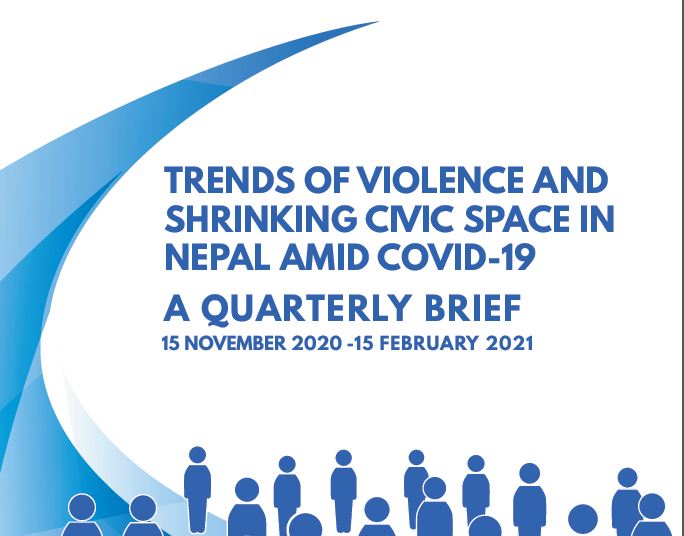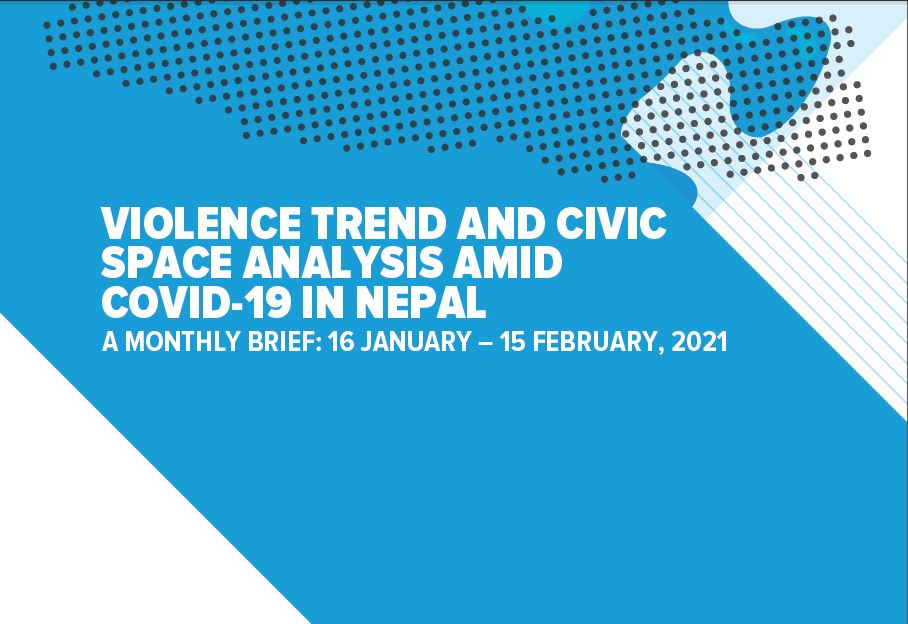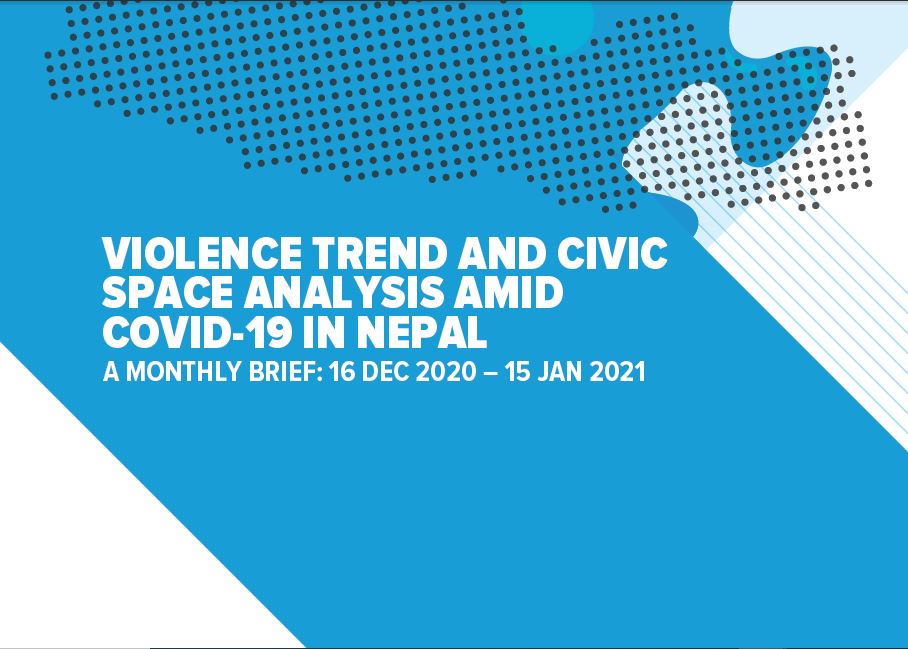Parliamentary Party leaders of different parties, including the main opposition Nepali Congress representing National Assembly, have asked the government to revise the Media Council Bill as per the demands of the journalists before moving it to the upper house of the Federal Parliament.
After widespread criticism against the contents of the bill ever since it was registered at its secretariat on May 10, Chairman of National Assembly Ganesh Timilsina called the first meeting of parliamentary party leaders on Sunday in the presence of Minister for Communication and Information Technology Gokul Banskota to discuss ways to move ahead with the controversial bill.
Parliamentary party leaders of the Nepali Congress and Rastriya Janata Party Nepal, Surendra Raj Pandey and Brikhesh Chandra Lal, who were present at the meeting, had asked Minister Banskota to revise the controversial provisions of the bill before forwarding it to the National Assembly.
“We told the meeting that there was no meaning of discussions outside Parliament if the government was not ready to revise the bill,” said Brikhesh Chandra Lal, parliamentary party leader of the Rastriya Janata Party-Nepal.
The two leaders had also reminded the minister about the ongoing struggles of journalists and protests from all sections of society against the bill.
However, Minister Banskota refused the proposal insisting that the government would not withdraw the bill but the lawmakers could make changes in its provisions through amendments in Parliament.
Claiming that it would muzzle the free press, the Federation of Nepali Journalists—an umbrella organisation of journalists across the nation—had launched a struggle against the controversial bill on May 12 demanding its withdrawal.
The federation has pointed out as many as 14 points to be amended in the bill that replaces the existing Press Council Act and was quietly registered at the secretariat of the Upper House skirting the crucial discussions with the stakeholders.
However, Minister Banskota had told the meeting that the ministry had ample discussions with stakeholders, including the journalists.
Even the parliamentary party leader of ruling Nepal Communist Party Dinanath Sharma had also urged the minister to make the bill widely acceptable through discussions among all stakeholders, including the journalists. But he had maintained at the meeting that the changes could be made through amendments in the bill.
Sharma also said the bill will not be endorsed with the provisions which are against the spirit of the constitution and universal norms of democracy. “We have agreed to move ahead with the bill after holding ample discussions with the stakeholders,” Sharma told the Post adding that the bill would be amended as per the demands of the journalists.
Ruling coalition partner Samajbadi Party Nepal is also against the Media Council bill. Party’s Co-chair Rajendra Shrestha said the provisions of the bill which are against the preamble and Articles 19 and 27 of the constitution must be corrected.
During the meeting, Minister Banskota defended the bill for more than one and a half hours explaining the National Assembly officials about the punishments at different countries including southern neighbour India, according to participants.
“He [Banskota] had tried to justify the need to control the media for more than one and a half hours but no one seemed to be convinced,” Lal told the Post.
Chairman Timilsina, however, said he would hold further discussions on the bill before tabling it at Parliament after the budget presentation on Wednesday.
Most of the senior ruling party leaders, including Madhav Nepal, Jhalanath Khanal and spokesperson Narayan Kaji Shrestha, have already spoken against the bill in public.
http://bit.ly/2HVju51







